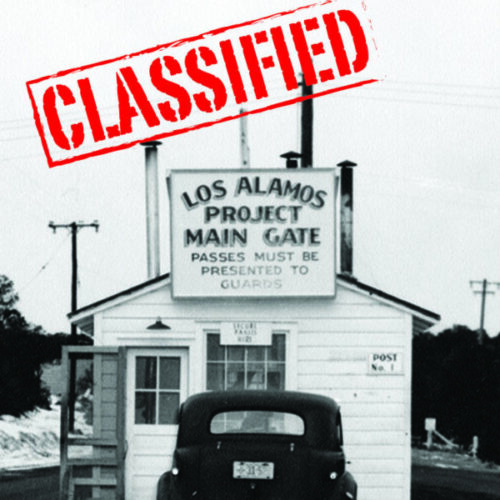For other COVID posts, visit my Quarantine blog.

As Memorial Day approaches, I’ve been following the brewing controversy surrounding beaches in New York, New Jersey and Connecticut. The tri-state governors jointly decided to open their beaches, but only at 50% capacity. Their logic had less to do with perceptions of safety than the calculus behind one state opening their beaches while the other two don’t; then everyone floods to the open state overwhelming local government’s ability to police how many people are on the beach and how they’re interacting. One governor sadly concluded it would not be possible to arrest everyone.
In the same vein Governor Cuomo of New York, in recognition of beachfront bars and restaurants being closed and realizing people will drink anyway, has decided to relax New York’s open container laws and allow people to bring their own alcoholic beverages. New Jersey and Connecticut are reviewing this option, probably trying to figure out how state run dispensaries can be set up to insure proper access to income payola is preserved.
Where things get interesting is in the beachfront communities themselves who are banding together to keep COVID infested city folk out of their towns. Many of these communities have declared their beaches open only to their citizens and that they will be checking people’s papers to make sure there are no infiltrators. Does that sound ominously reminiscent of anything to anyone?
What fascinates me about this is the clear battle lines being drawn and how underlying animosity between city folks and their country cousins, that’s laid dormant for years, is being exposed. For generations the annual migration of city dwellers to the pristine beaches of rural communities on Memorial Day weekend was a highly anticipated event that was eagerly welcomed in the small tourist towns that dot the shorelines. The hospitality was so warm and congenial it could easily be misconstrued as genuine. But with the restaurants, bars, coffee shops and hotels closed, small towns realize city people are still coming but not spending money, which abandons any rational reason to allow them to invade.
The battle lines are equally fascinating for the predictable way Memorial Day weekend will probably unfold. I predict New Yorkers will migrate in mass to the shoreline towns where they’re not welcome. I predict the beaches will be overrun with occupants and the tension between locals and tourist will boil into unrest. The Governors are correct to suggest you can’t arrest everyone and when officials start denying city folks access, the situation will rapidly devolve into a chaos that can’t be controlled.
Can it be any more bizarre
In a logic reversed only for east cost politicians, New York City mayor, Bill De Blasio, announced today that NYC will keep their beaches closed for Memorial Day weekend while at the same time urging Governor Cuomo to compel Long Island to open their beaches so NYC residents have someplace to go. Apparently De Blasio doesn’t want to infect his city beaches with stinky infest-riddled New Yorkers but doesn’t mind having them scurry off to infect Long Island.
Tumbleweeds roll just as wildly
We’re not immune out West either, given that our ill-advised Governor continues to keep campgrounds and lakes closed; even after kool-aid crazy Colorado opened theirs. Reports are emerging of people crashing campgrounds and aggressively confronting park rangers when told to leave. While I support the right of citizens to go camping and recreating at state facilities, I condone taking their frustration at the power-mad Governor out on park rangers, and I equally condone intentionally spewing trash around parks as an open act of defiance. How you protest matters, and destroying wilderness areas is not an effective form of protest.
While the political reaction to the anticipated NY/NJ/CN area unrest will be entertaining to watch over Memorial Day weekend, I worry about what may happen in our state, especially given the independent nature of our citizens and that our willingness to defy governmental overreach runs stronger than it does in our east coast cousins.

